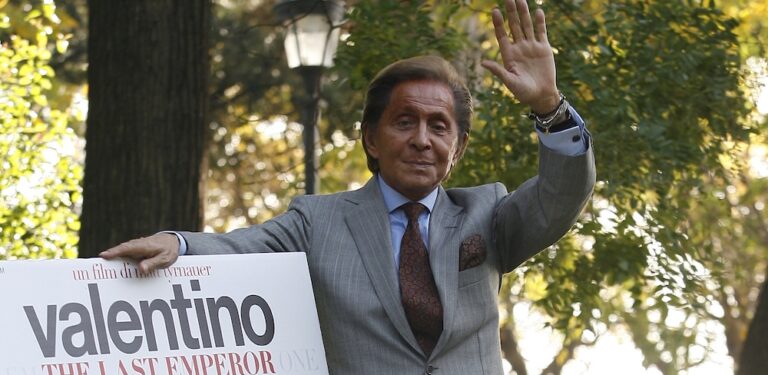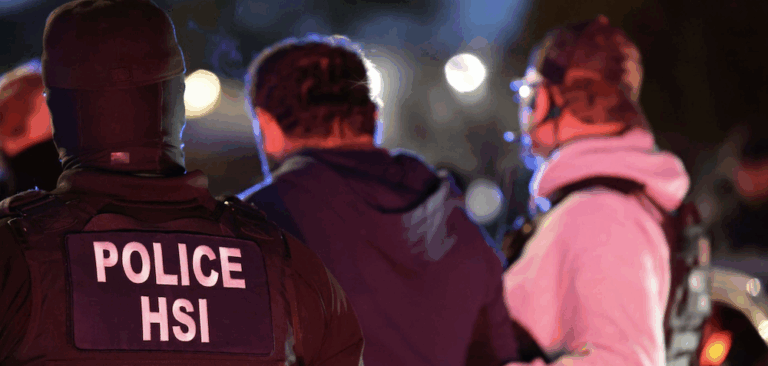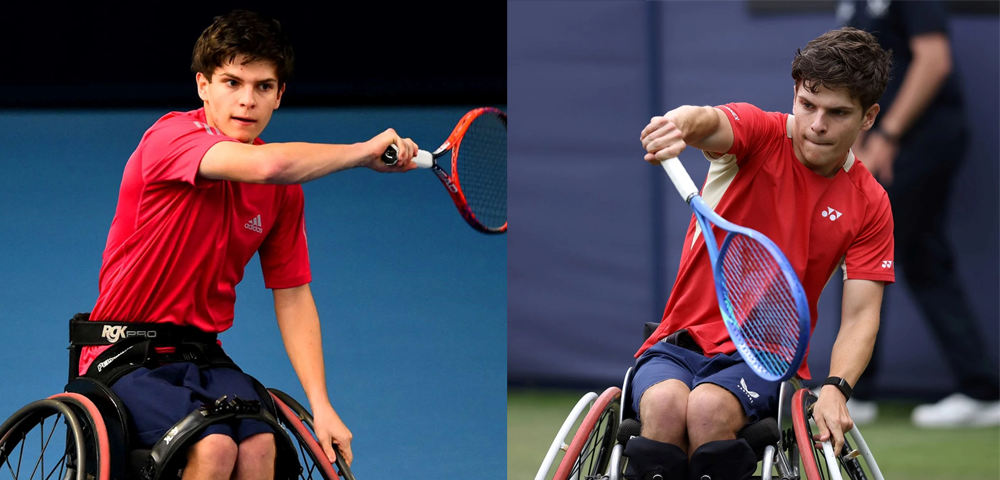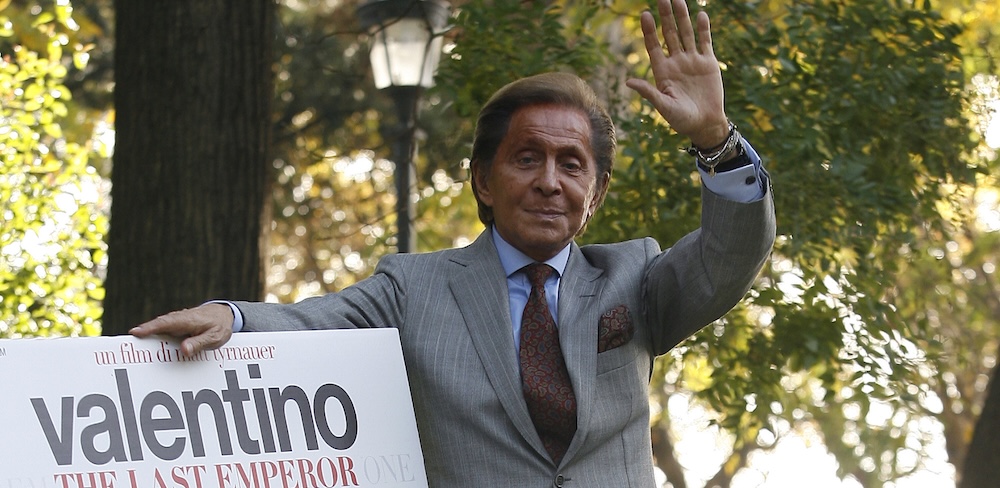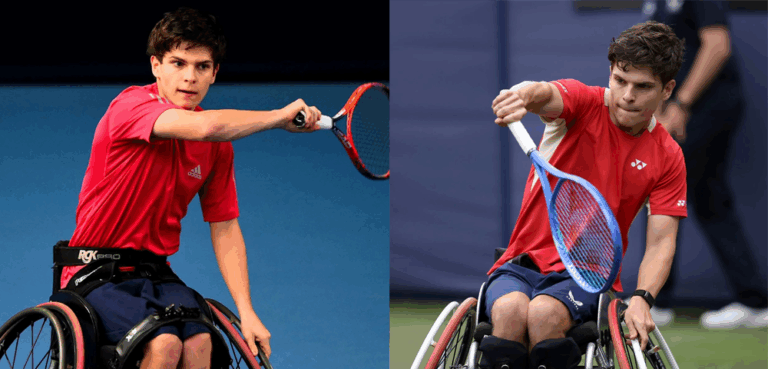
First gay pride march in Indian capital after re-criminalisation
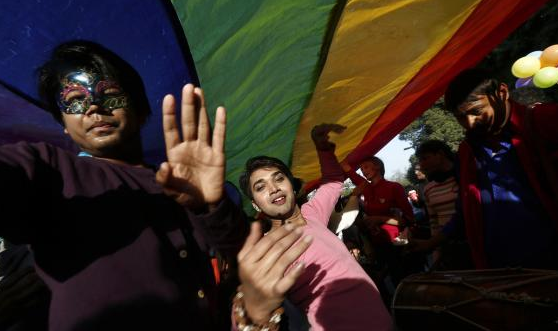
THE capital city of India had its first gay pride march since homosexuality was re-criminalised in December last year.
Almost a thousand gay and lesbian activists paraded through central New Delhi, demanding equality and more measures to combat discrimination and homophobia.
In India, those who are caught engaging in “sexual acts against the order of nature,” can face 10 years in prison.
Extremist Hindu groups deem same-sex couples a “disease” and a cultural import from the west.
“It is against nature, it is against the values and against the heritage of the country,” World Hindu Council spokesman Vinod Bansal told Agence France-Presse (AFP).
Due to the conservative nature of Indian culture, being gay is often regarded a taboo subject and many gays remain closeted.
However, the march saw the closeted re-emerge and defy last year’s Indian Supreme Court ruling, which repealed a 2009 ruling that decriminalised homosexuality.
“There is a lot of frustration, but we are not going back to the closet,” organiser Shiv Sahu told AFP.
The protesters were vocal about their country’s conservatism, advocating that the criminalisation of homosexuality was a breach of human rights.
“Living in India, a democratic country, we feel our rights are being violated as we are not allowed to live as we want,” Rudrani Chettri told the Huffington Post during the march.
Prior to the re-criminalsation of homosexuality, New Delhi was more liberated than it had ever been, with a thriving gay and lesbian scene that had a flow-on effect on India’s other major cities.
Despite the re-criminalisation of homosexuality, in April the Supreme Court recognised trans* people as a third gender in a landmark ruling.
Eighty countries around the world criminalise homosexuality in some form.
(Main image source: Reuters)
